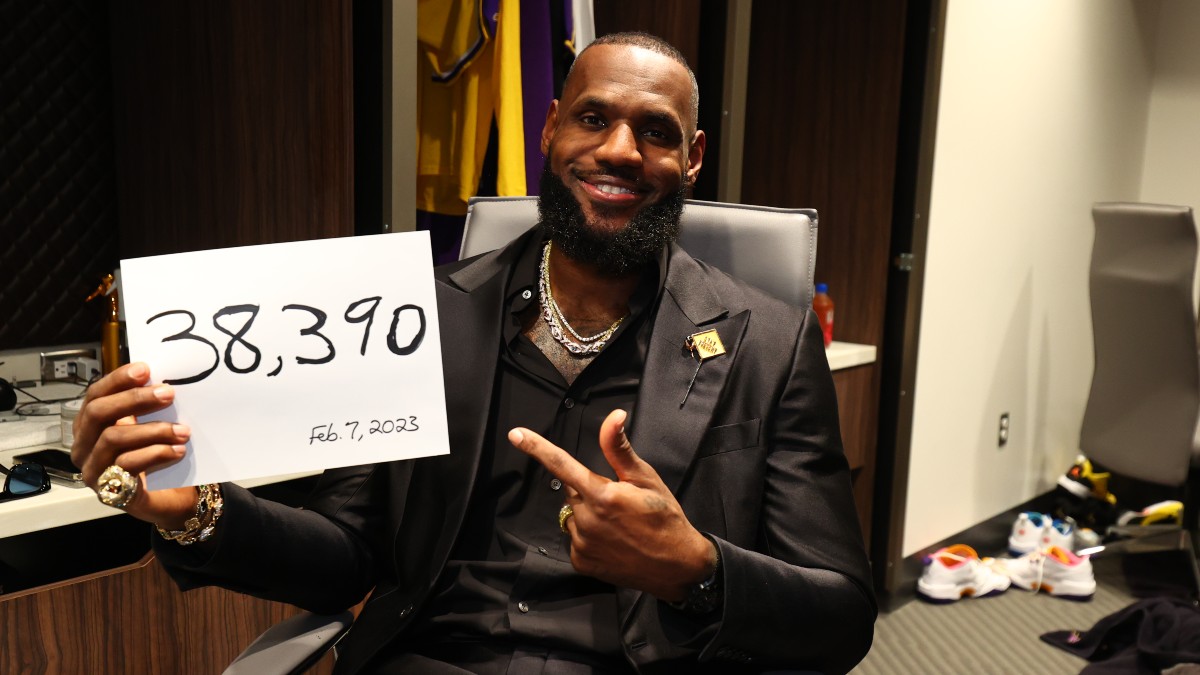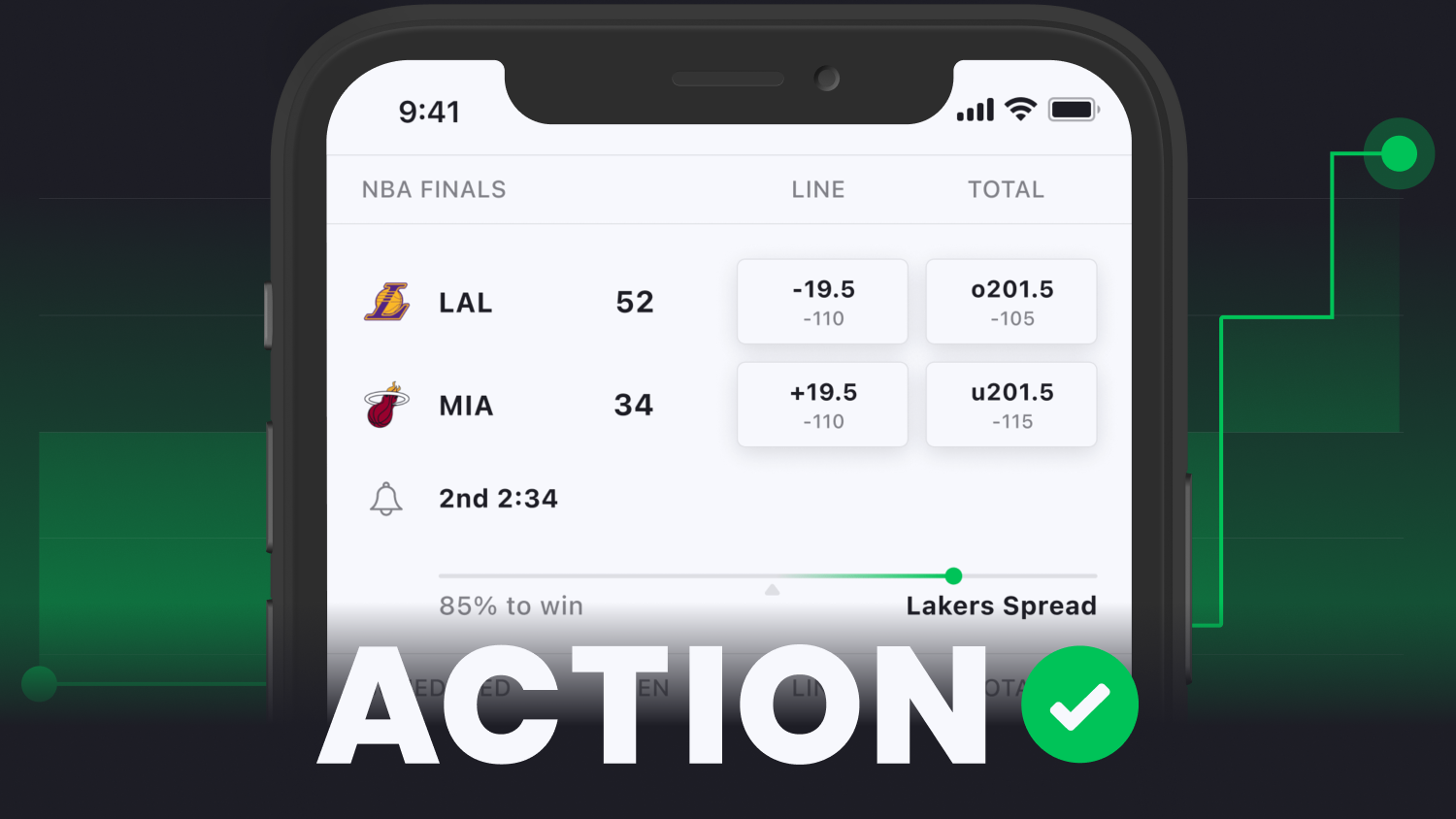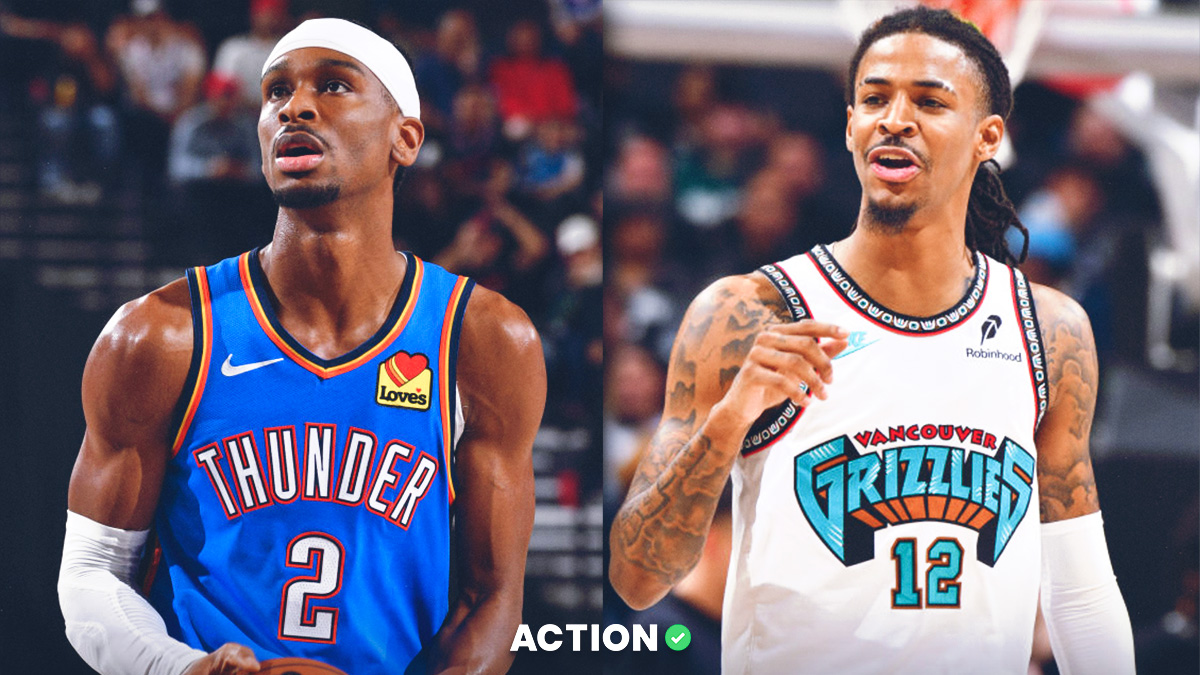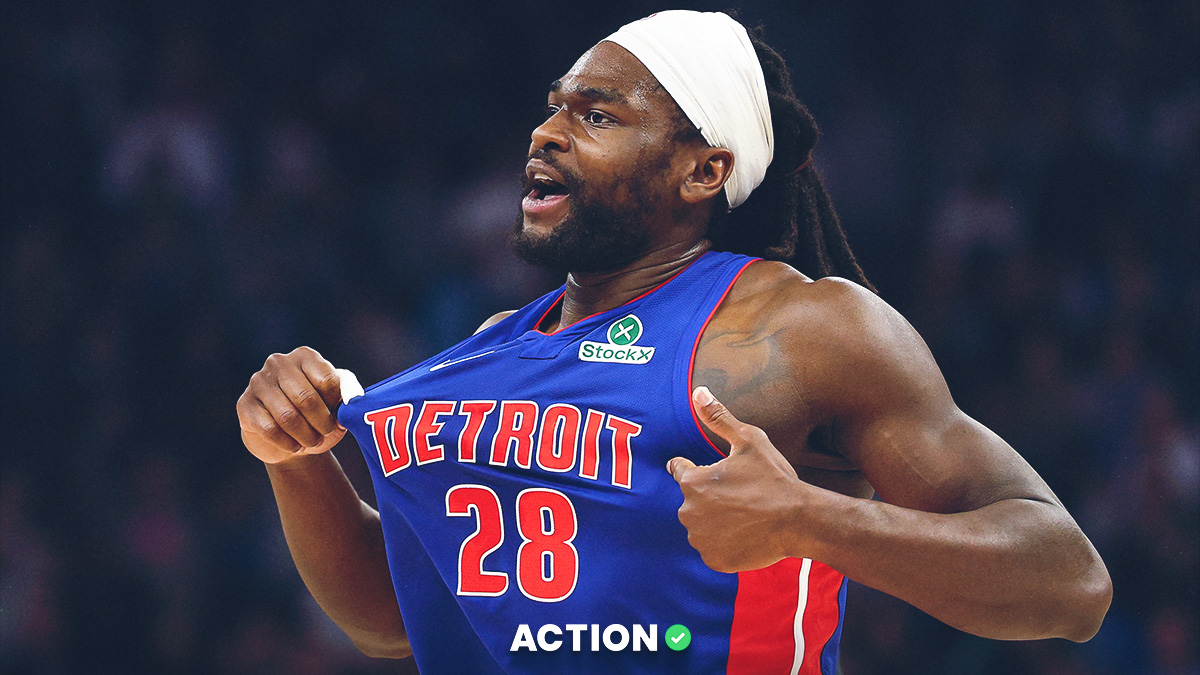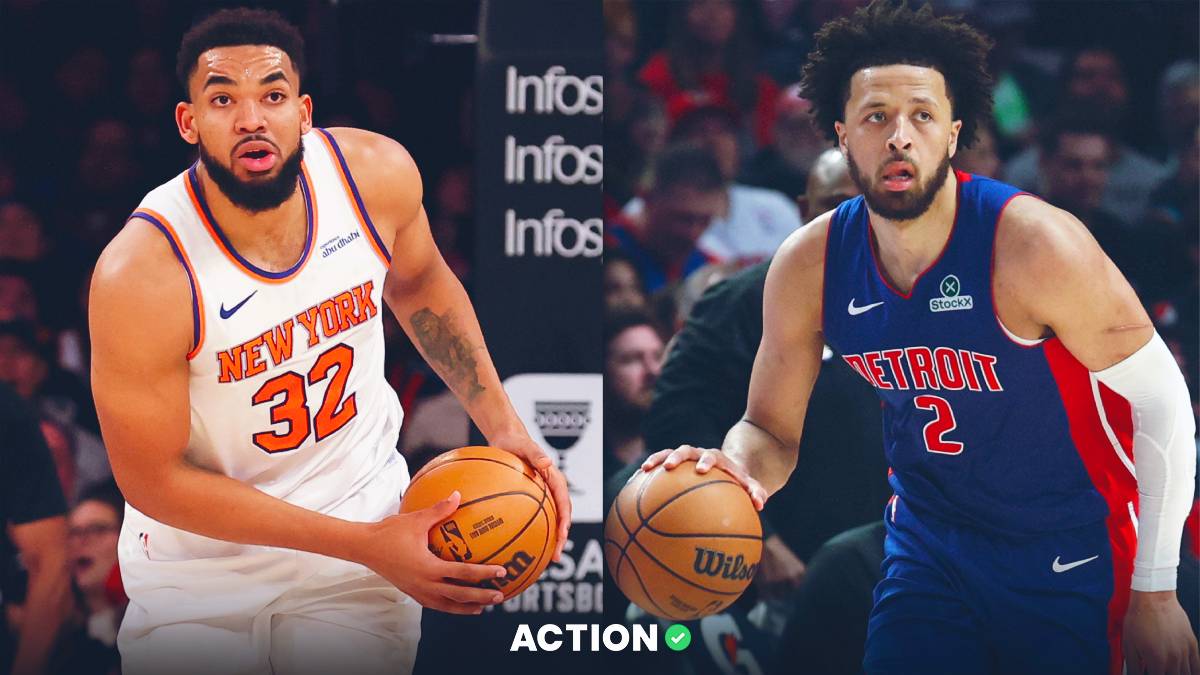As recently as five years ago, a ticket not only got you into a sporting event — it was a tangible object that you could keep as a free momento.
But as teams sought to know more about the fans entering the game — as well as provide them with an easier way to transfer tickets — physical tickets all but disappeared.
So when moments like LeBron James breaking the all-time points record come around, physical tickets are few and far between.
Often, that's to the detriment of both fans and teams alike.
For yesterday's Thunder vs. Lakers, several fans reported trouble acquiring physical tickets before and after the game. Mostly everyone was turned away upon asking. At least one person was able to snag a physical ticket from the box office before the start of the contest.
And another has put up on eBay their stub from Tuesday's game. As of Wednesday night — and with nine days to go on the auction — the bidding is already over $9,000.
Because of the dearth of supply across the market, the few physical tickets in circulation get price gouged into oblivion, and regular fans who were actually at the game or who want to have a piece of sports history are priced out.
So the question remains: why didn't the Los Angeles Lakers, knowing that the LeBron milestone was coming up, put a plan in place to print tickets?
The answer is two fold. One — most team executives aren't aware of ticket collecting as an emerging market, where the largest card grader in the world, PSA, is now grading tickets.
The second is that they don't realize the money opportunity that printing tickets presents.
The market is there — as evidenced by the $10,000+ resale on LeBron's ticket stub.
Yes, when more tickets become available, they become less valuable. Case in point: the first tickets that emerged from Aaron Judge's 62nd home run game sold on eBay for $750, but once it became apparent that there were hundreds available because the Texas Rangers realized the opportunity, the price plummeted to $100 each.
But what happens if a team treats physical tickets like a commodity?
Before yesterday's game, the Lakers could have easily sold hard tickets at $500 each to people who already had their digital ticket. Most of those tickets wouldn't have even hit the market.
Now, there are some rules both PSA and most collectors have. The ticket needs to have been valid for the game — so they can't be printed after the fact and they have to be tied to an actual seat.
Ensuring this process is sound would require some effort by teams, but if it's thought about ahead of time, it's some of the easiest margin revenue franchises will ever make.
Eventually teams will realize this as a robust revenue stream. While teams may not print tickets on site, they should, in time, become more accommodating about providing hard tickets for big games as collectibles.
Teams have been slow to come around, but once one team makes it big off one moment, the floodgates will open.


